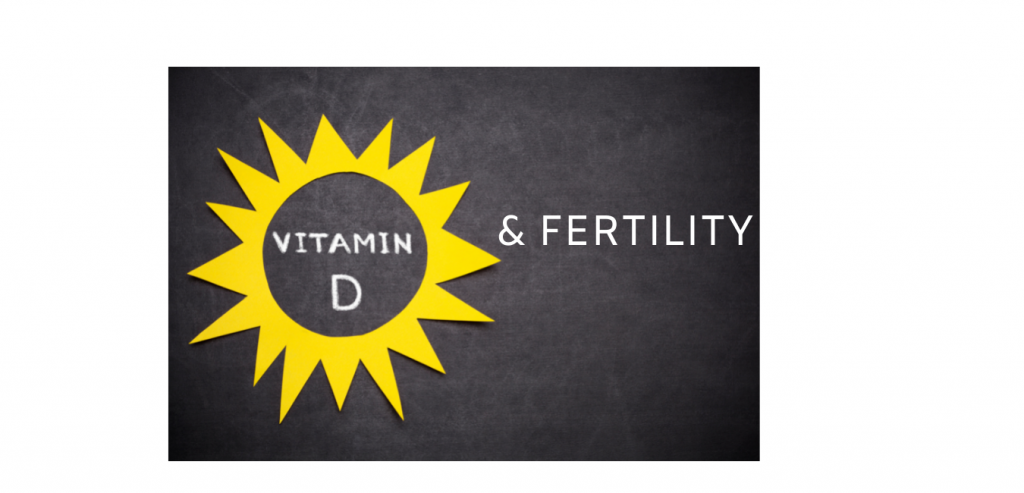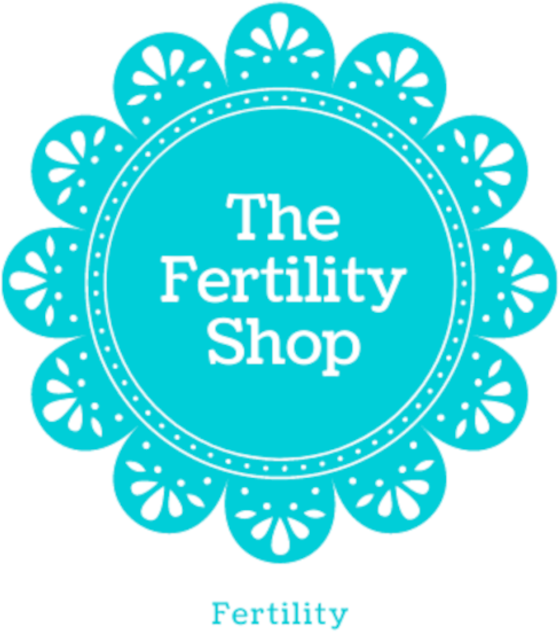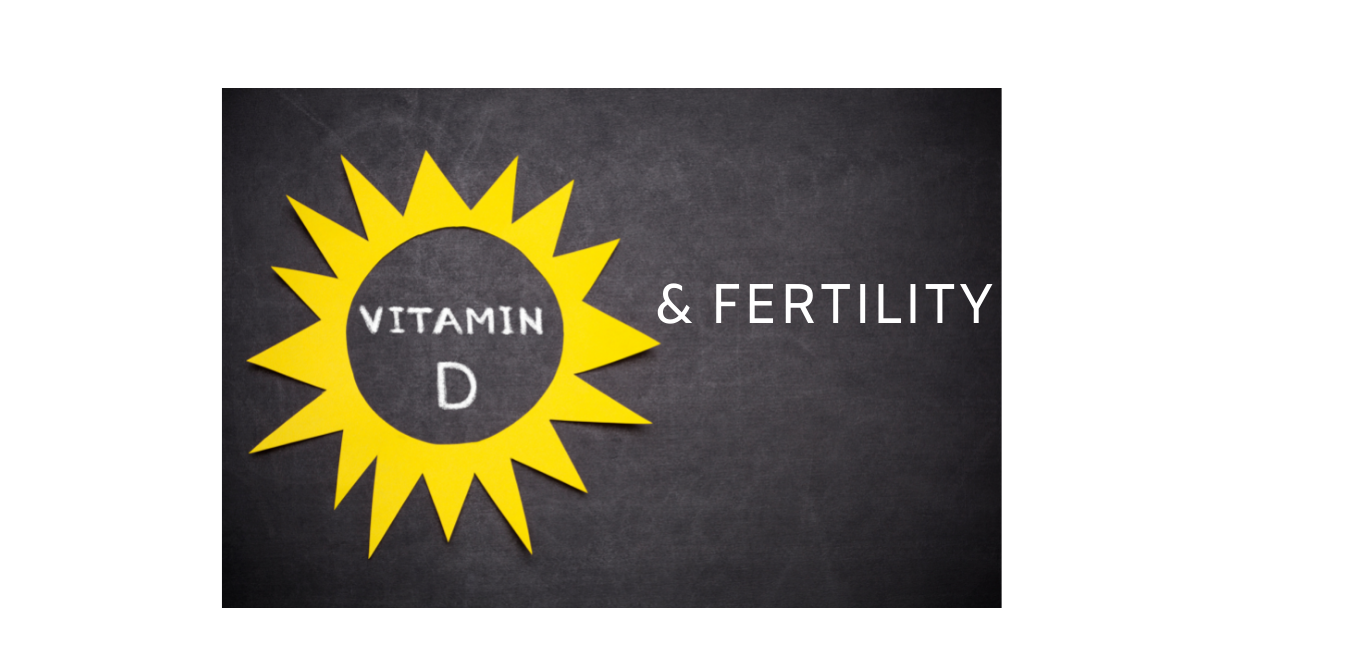
Vitamin D is actually a hormone, one of its main role is to balance the levels of calcium and phosphorus in our blood.
Other functions include:
- Regulating blood sugar and insulin sensitivity
- Immune health
- Gene expression
- Mental health
- Cell growth and differentiation
- Cardiovascular health
Impact of fertility and Pregnancy
Recent studies suggest that vitamin D status may have an impact on fertility, pregnancy, miscarriage, preeclampsia, gestational diabetes, pre-term birth and negative birth outcomes.
Biological actions of vitamin D are controlled through vitamin D receptors (VDR) that are distributed across various tissues .
The presence of VDR in reproductive tissues in both males and females suggests a possible important role in the regulation of reproductive processes. In females, VDR are expressed in the ovaries, placenta, and endometrium . In males, VDR can be found in smooth muscles of the genital tract, testicular tissue, and sperm .
Studies in women suggest that the vitamin D is involved in endometriosis and associated with insulin resistance and Polycystic Ovarian Syndrome and early miscarriage
A recent study showed that the levels of Vitamin D in the serum and follicular fluid concentrations in the ovaries were associated with higher rates of success in achieving a clinical pregnancy in IVF cycles.
In addition, there is some research showing that vitamin D may have a direct effect on AMH production. Vitamin D seems to help trigger the production of anti-Müllerian hormone (AMH), a marker of ovarian reserve, which is the number of eggs in your ovaries
Decreased vitamin D levels in men have been associated with poor semen quality, low sperm count, and abnormal motility and morphology.
How to get enough Vitamin D
The best way to get your Vitamin D is through sun exposure. Hence the name the Sunshine Vitamin. It can be difficult to get enough from the sun if you live in the Northern hemisphere, especially during the winter, if you have dark skin tone or you wear sunscreen.
Best food sources of Vitamin D are:
- Cod liver oil
- Fatty Fish (salmon, trout, tuna, sardines)
- Egg yolks
- Beef liver
- Full fat milk from grass fed cows
- Mushroom ( levels increases when placed in sunlight just before using)
It can often be difficult to get sufficient from the sun and food alone
Its always best to test and not guess to find out if your levels of vitamin D are optimum . Levels above 75nmoI/L are optimum. Easy to test your vitamin D levels here
If your Vitamin levels are deficient, it is easier to increase them with Vitamin D supplements, then retest in 3 months time
Food based Vitamin D supplements available here
Interesting article to read 10 things you didn’t know about Vitamin D





0 Comments